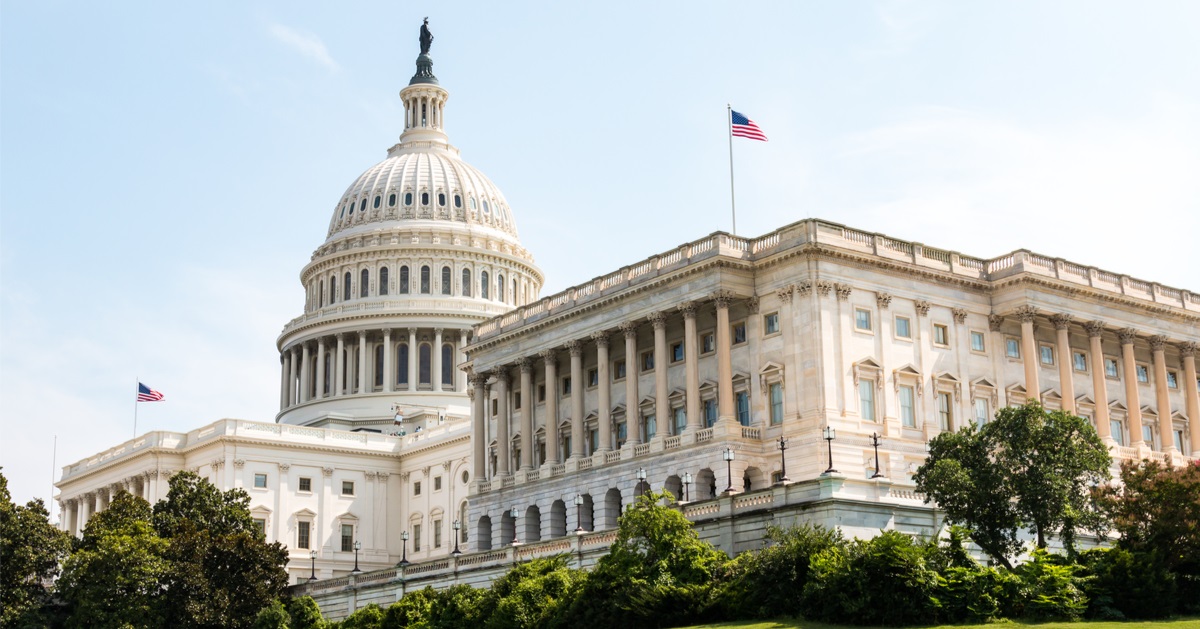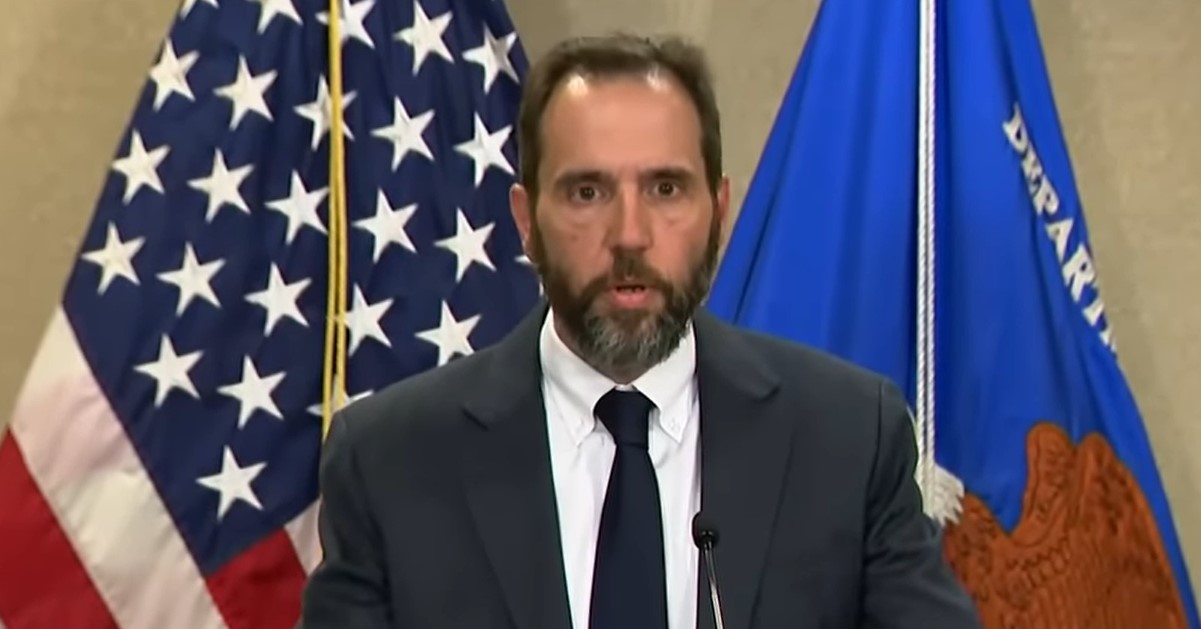Justice Thomas raises 'serious questions' about validity of Special Counsel Smith's office and appointment
Special Counsel Jack Smith's dual criminal prosecutions of former President Donald Trump are now at serious risk after the Supreme Court ruled on Monday that all presidents enjoy presumptive immunity for their "official acts" during their tenure.
It isn't just Smith's cases against Trump that face jeopardy, however, but the special counsel position he occupies itself, which may have been created and filled in an unconstitutional manner, according to Supreme Court Justice Clarence Thomas, Fox News reported.
The opinion from Thomas that raised "serious questions" about Smith's appointment as special counsel likely provided a huge boost to Trump's ongoing legal challenge of exactly that in his classified documents case in Florida.
Court rules in favor of presidential immunity for "official" acts
The Supreme Court held on Monday in a 6-3 ruling that all presidents enjoy absolute immunity from prosecution for actions within their core constitutional powers and presumptive immunity for all "official" acts while in office, though not for any "unofficial" or private acts, SCOTUSblog reported.
That majority ruling calls into question whether and how Special Counsel Smith can proceed with his two criminal prosecutions against former President Trump, given that the charged acts may be construed as part of Trump's "official" duties and therefore are generally not prosecutable.
The decision potentially spells doom for Smith's indictments against Trump, including one in Florida for allegedly mishandling classified documents -- where Smith's appointment has already been challenged by Trump's attorneys -- and the other in Washington D.C. for allegedly interfering in the 2020 election.
Thomas raises doubts about special counsel's office and Smith's appointment
Justice Thomas, in a concurring opinion, shifted the focus away from Smith's prosecutions and toward Smith himself, or rather the office he occupies and whether that office was constitutionally created, not to mention whether Smith's appointment to that dubious office was made lawfully.
"In this case, the Attorney General purported to appoint a private citizen as Special Counsel to prosecute a former President on behalf of the United States. But, I am not sure that any office for the Special Counsel has been 'established by Law,' as the Constitution requires," Thomas wrote.
"By requiring that Congress create federal offices 'by Law,' the Constitution imposes an important check against the President -- he cannot create offices at his pleasure," he continued. "If there is no law establishing the office that the Special Counsel occupies, then he cannot proceed with this prosecution. A private citizen cannot criminally prosecute anyone, let alone a former President."
"If this unprecedented prosecution is to proceed, it must be conducted by someone duly authorized to do so by the American people. The lower courts should thus answer these essential questions concerning the Special Counsel’s appointment before proceeding," Thomas added.
"Questions must be answered before this prosecution can proceed"
In his concurrence, Justice Thomas outlined the limited ways in which federal offices can be lawfully created and filled, and observed how it didn't appear that Attorney General Merrick Garland had adhered to those limitations or had the proper authority when he appointed Smith to serve as special counsel, even if the special counsel position was lawful, which is not a given.
"Whether the Special Counsel’s office was 'established by Law' is not a trifling technicality," Thomas wrote. "If Congress has not reached a consensus that a particular office should exist, the Executive lacks the power to unilaterally create and then fill that office."
"Given that the Special Counsel purports to wield the Executive Branch’s power to prosecute, the consequences are weighty," he continued. "Our Constitution’s separation of powers, including its separation of the powers to create and fill offices, is 'the absolutely central guarantee of a just Government' and the liberty that it secures for us all. There is no prosecution that can justify imperiling it."
Thomas concluded that "there are serious questions whether the Attorney General has violated that structure by creating an office of the Special Counsel that has not been established by law. Those questions must be answered before this prosecution can proceed. We must respect the Constitution’s separation of powers in all its forms, else we risk rendering its protection of liberty a parchment guarantee."






